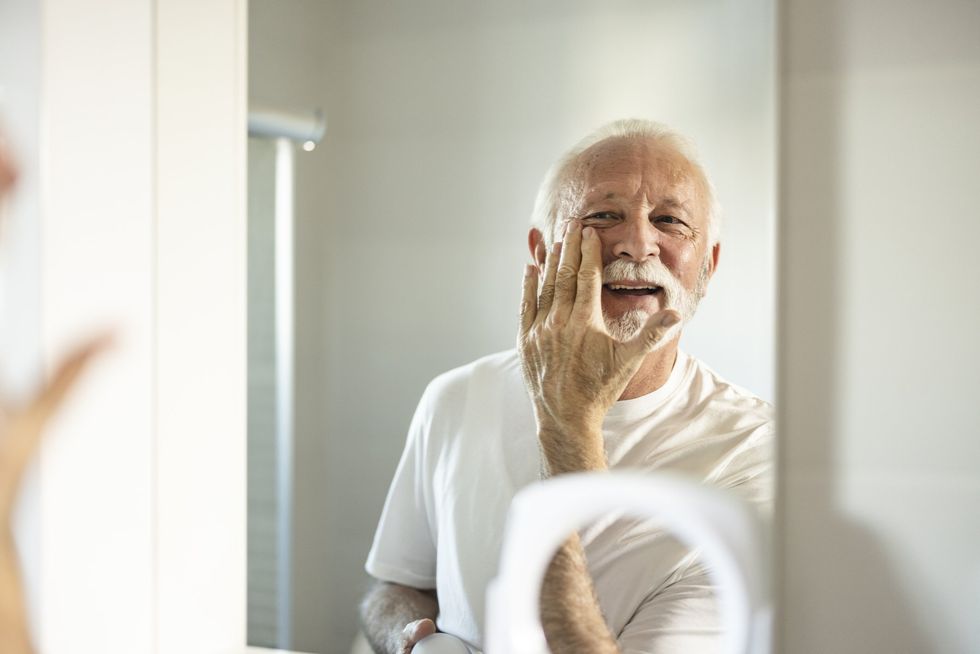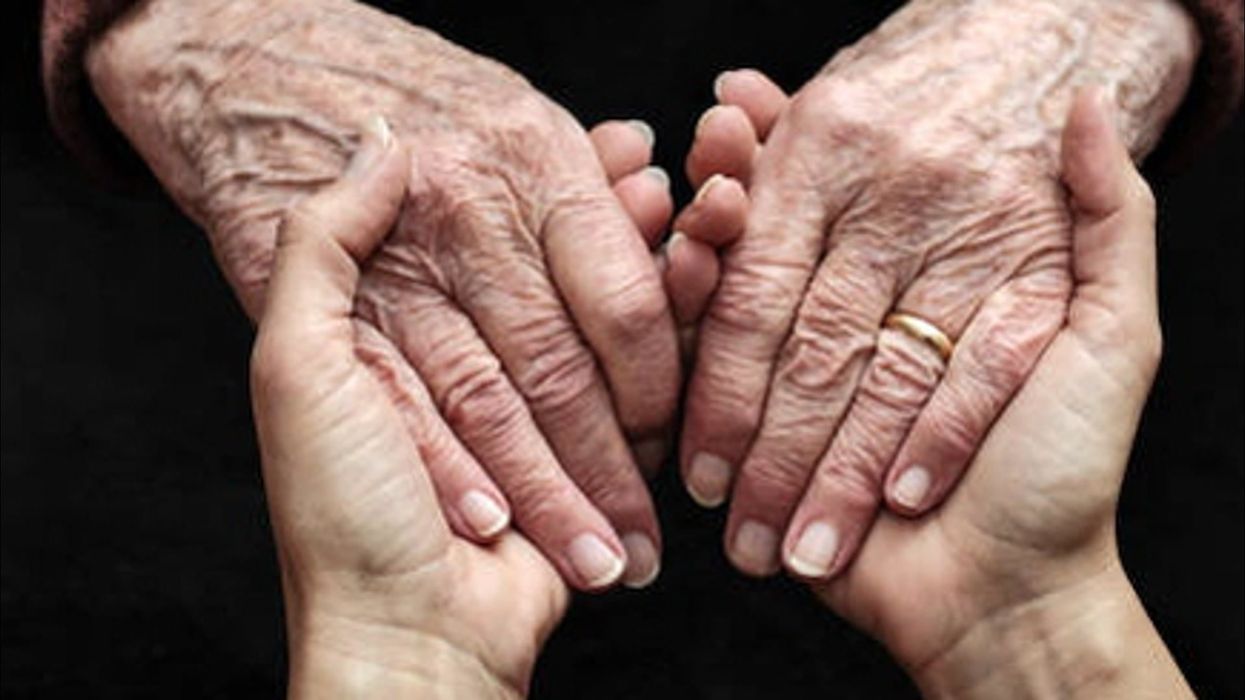Becca Monaghan
Jun 17, 2025
Scientists Find The Gene Responsible For Ageing
unbranded - Newsworthy / VideoElephant
Ageing isn't a slow and steady decline – it can come in sudden jolts, research finds.
A groundbreaking study has revealed that humans undergo two distinct and rapid ageing spurts during their lifetime, challenging the long-held belief that we age at a consistent pace.
The research, led by geneticist Professor Michael Snyder at Stanford University and published in Nature Ageing in 2024, explored the biological underpinnings of ageing to better understand age-related diseases and how they might be prevented or treated.
The team analysed long-term biological data from 108 adult participants who had been regularly providing samples over several years. What they uncovered was surprising: in many conditions, such as cardiovascular disease and Alzheimer's, risk doesn’t increase gradually with time – instead, it spikes sharply after specific ages.
Motivated by this pattern, the researchers set out to identify the underlying biomarkers of ageing, aiming to pinpoint exactly when – and why – these accelerated changes occur.
The researchers analysed biological samples from their study group to monitor a wide array of biomolecules. These included RNA, proteins, lipids, and microbial communities from the gut, skin, nose, and mouth, amounting to a total of 135,239 distinct biological markers.

The researchers identified two distinct periods of accelerated molecular ageing — first in the mid-40s, then again in the early 60s. Around 80 per cent of the molecules they tracked shifted during these periods.
The earlier shift affected pathways tied to how the body processes fats, stimulants, and cardiovascular and muscular health. The second wave, in the 60s, was tied to immune response, kidney function, and carbohydrate metabolism.
While the first spike overlaps with menopause for women, similar changes were seen in men, suggesting it’s part of a broader ageing process.
The team acknowledges the study’s small sample size and age range (25–70), noting that broader research is needed to explore these ageing shifts in more depth.
You may also like...
- 'Women in their 30s': The TikTok trend that has everyone counting down to their 30th birthday
- Doctor warns this is the age where you should stop drinking alcohol
Sign up to our free Indy100 weekly newsletter
How to join the indy100's free WhatsApp channel
Have your say in our news democracy. Click the upvote icon at the top of the page to help raise this article through the indy100 rankings.
Top 100
The Conversation (0)














